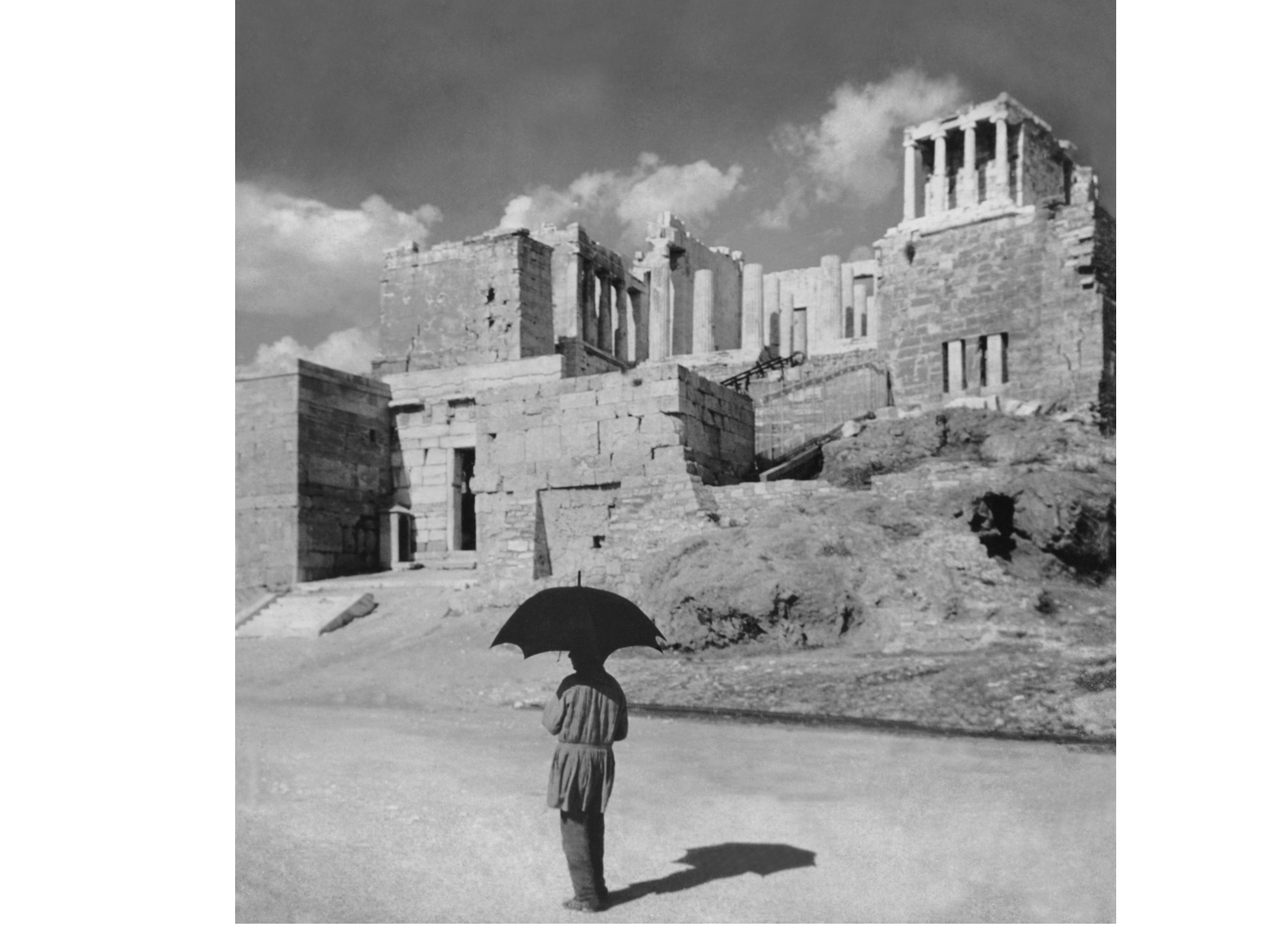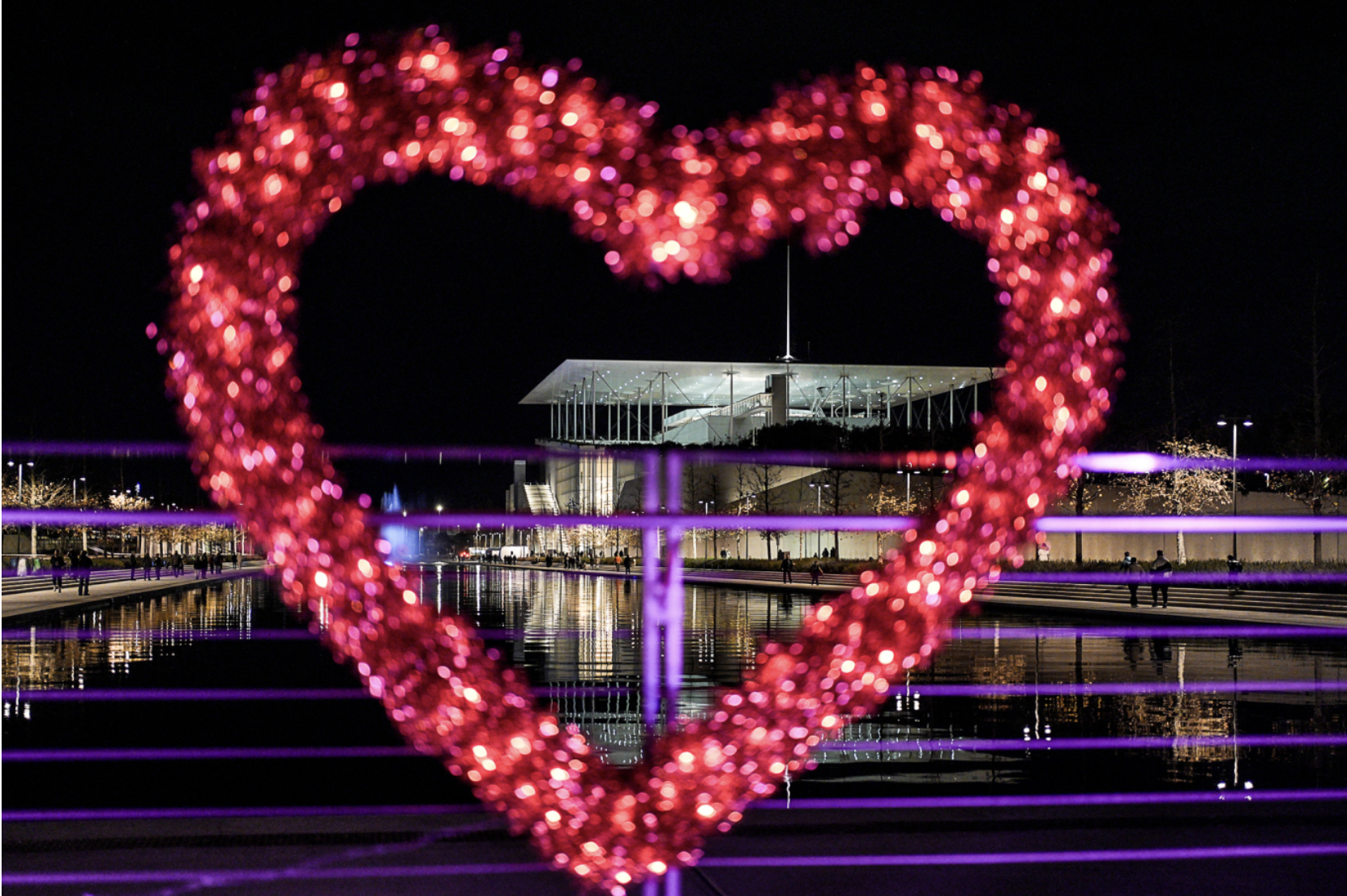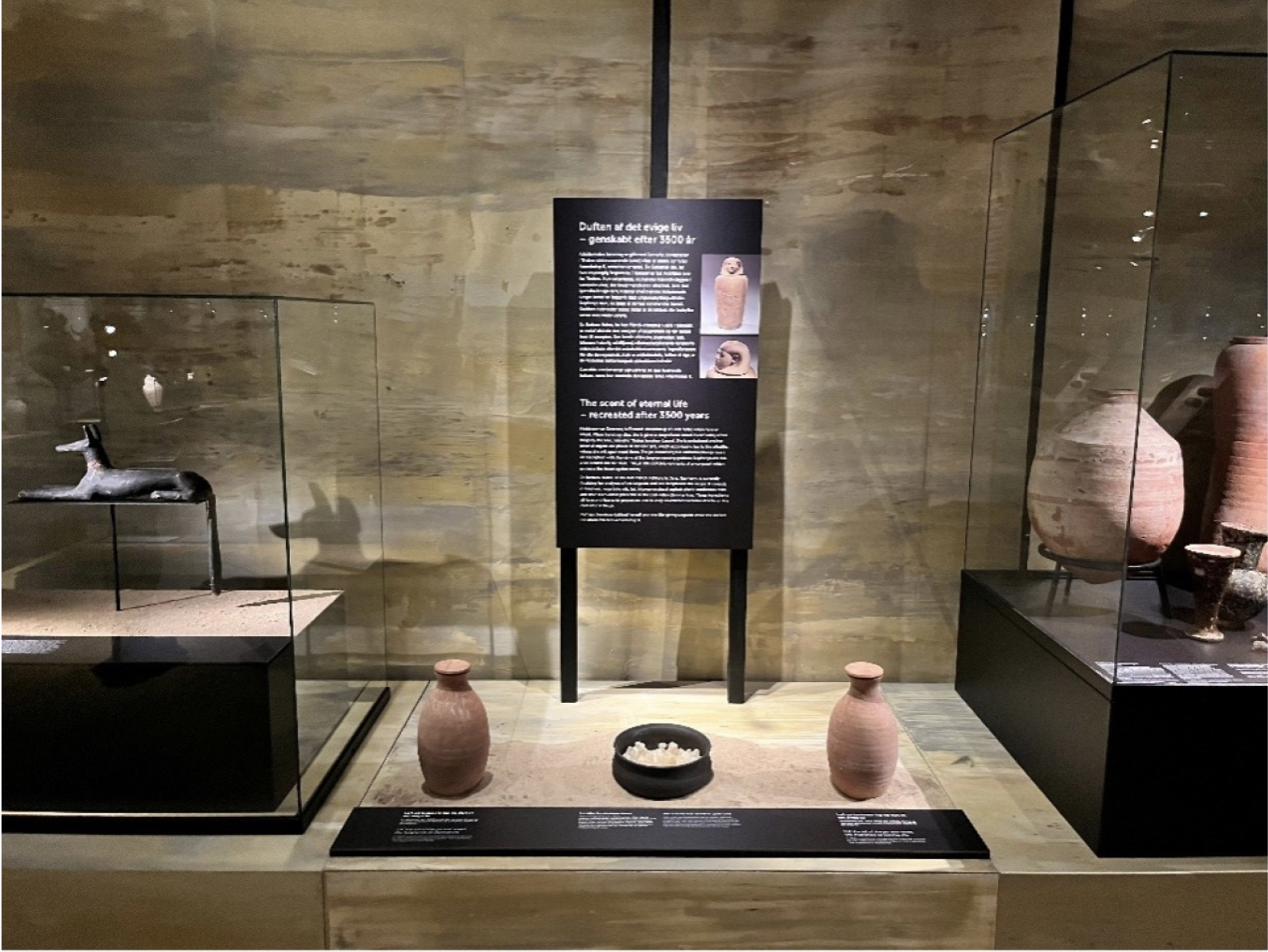From January 1, 2025, the Greece-Bulgaria borders underwent drastic changes, as Bulgaria and Romania officially joined the Schengen zone.
Crossing the border is now done without any checks or delays, a development that has generated excitement, particularly among drivers and passengers, with social media flooded with photos and comments about the new reality.
At the largest border crossing at Promachonas, the customs booths and buildings remain deserted, while the barriers on both sides are permanently lifted.
The typical hassle of queues of cars and trucks, which until recently was a daily occurrence, has now completely disappeared.
Celebrations on social media about the opening of borders with Bulgaria
Gas stations filled with Greek drivers
Many drivers are taking advantage of the seamless crossing to visit fuel stations in Bulgaria, where prices are significantly lower.
Specifically, the price of 95-octane unleaded gasoline in Bulgaria is approximately €1.28 per liter, compared to €1.80 per liter in Greece. According to the latest data from the EU Oil Bulletin, as of December 30, 2024, the price of gasoline in Bulgaria was 2.50 BGN (€1.28) per liter, while the price of diesel was equally attractive.
The average price of gasoline in Bulgaria from January 2015 to December 2024 was 2.23 BGN (€1.14) per liter, with the lowest price recorded in May 2020 (1.60 BGN/€0.82) and the highest in July 2022 (3.37 BGN/€1.73).
Compared to the global average prices for the same period (3.12 BGN/€1.60), Bulgaria continues to offer significantly cheaper fuel.
In detail, for a vehicle with a 50-liter fuel tank, the cost of a full refueling is:
- In Bulgaria: €1.28/liter × 50 liters = €64
- In Greece: €1.80/liter × 50 liters = €90
This effectively means a saving of €26 per full refueling for a 50-liter tank.
Celebrations on social media about the opening of borders with Bulgaria (Part 2)
While these developments significantly ease the movement of people and goods, concerns have also arisen. The lack of border checks raises fears of a potential increase in illegal activities, such as smuggling goods and transporting illicit substances. Additionally, some express concerns about safety, as the absence of police and customs inspections leaves room for uncontrolled situations.
Despite these questions, the free crossing between the two countries opens new opportunities for collaboration in trade and tourism while strengthening cross-border relations and economic growth in the wider region. However, balancing convenience with security and adherence to regulations remains a key challenge.
Ask me anything
Explore related questions





